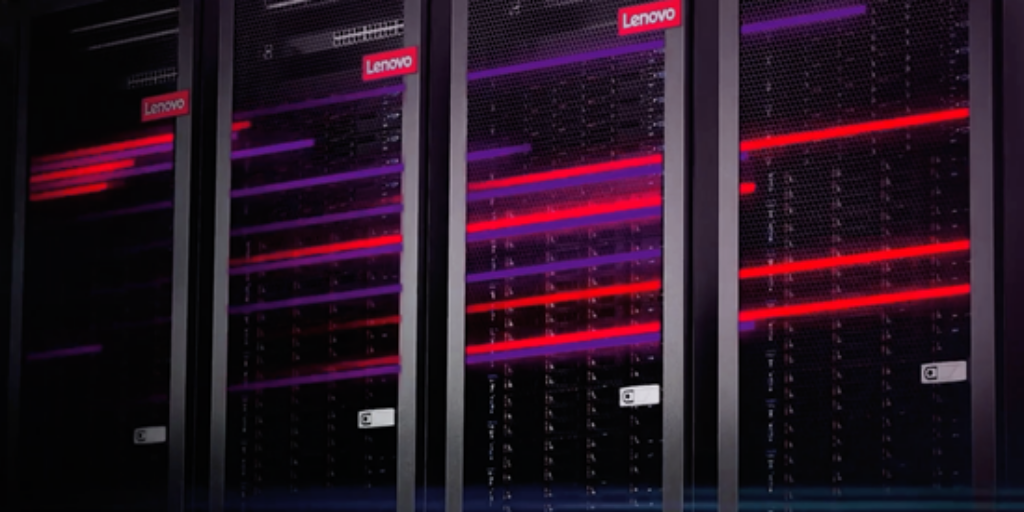Utilizing the HPC Advisory Council’s computational resources and expertise, we can create HPC solutions, such as the HPC384 Spec, that will better support music production demands, optimize workflows, and create a set of guidelines that will give foresight on the future of music production and technological developments around it,” said Antonis Karalis, HPCmusic subgroup chairman at the HPC Advisory Council. “Moreover, we are defining the ‘building blocks’ of the first true supercomputer for music production. The ultimate goal is to define a virtual environment based on a system that is completely transparent from the end-user, and is capable of creating the music of the 21st Century.”
HPCmusic joins the HPC Advisory Council’s large breadth of technology and market- specific subgroups: HPC Scale, HPC Cloud, HPC Works, HPC Storage, HPC GPU, HPC FSI.
Using HPC technologies give musicians the necessary bandwidth to work with thousands of tracks, effects and unlimited polyphony in real time, as well as work with advanced physics to model plate reverbs, create evolving non-linear auditorium acoustics and emulate multi-microphone positions that will give sound endless possibilities,” said Gilad Shainer, chairman of the HPC Advisory Council. “Through the work the HPC Advisory Council’s HPCmusic subgroup, we are able to expand the usage and performance potential of HPC in more areas beyond the academic and scientific realm.”
Read the Full Story.






